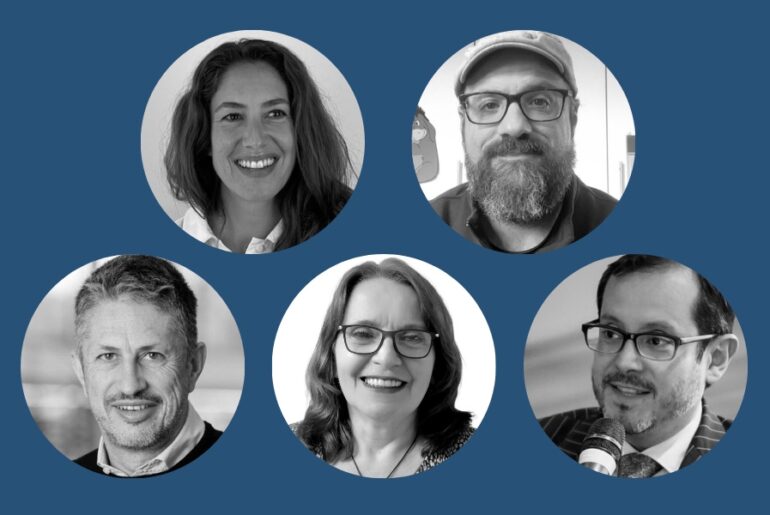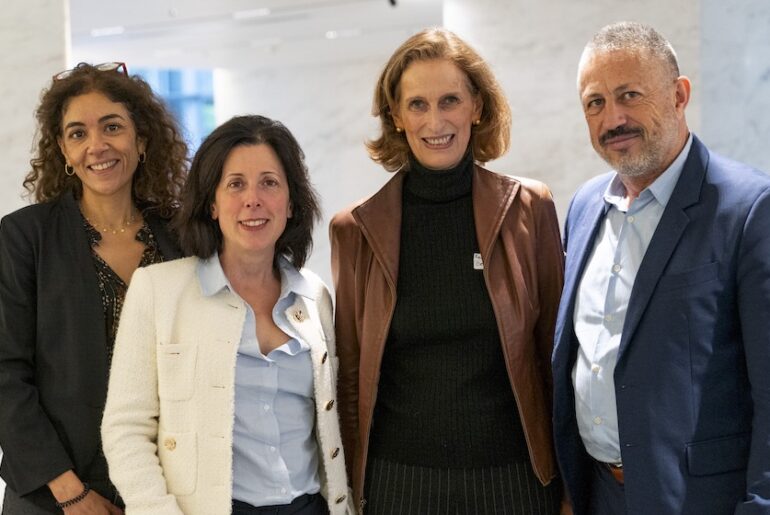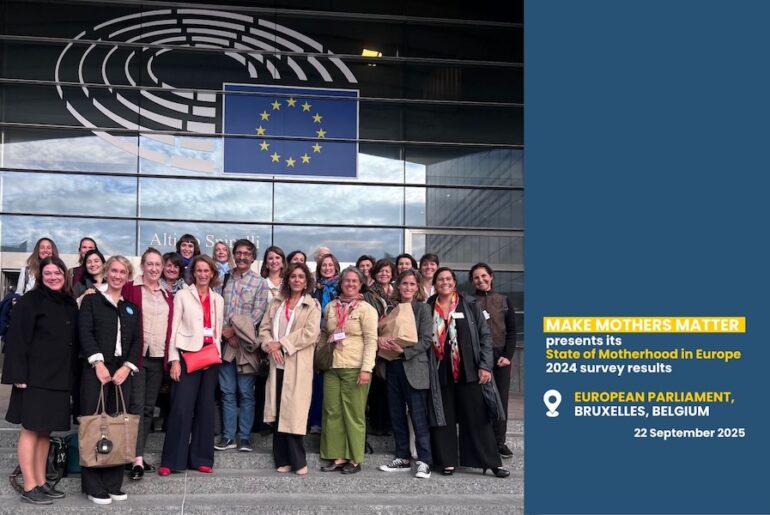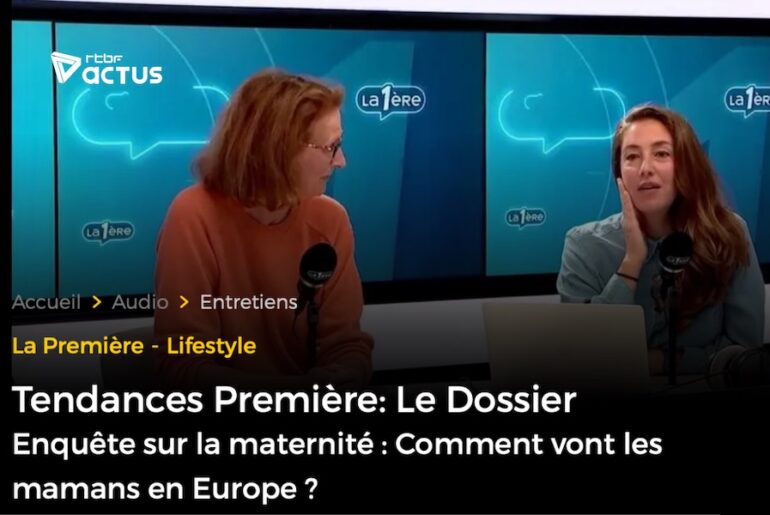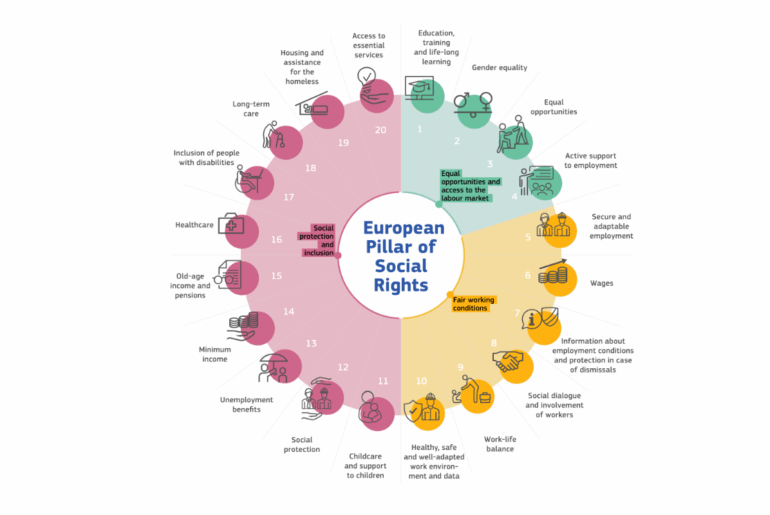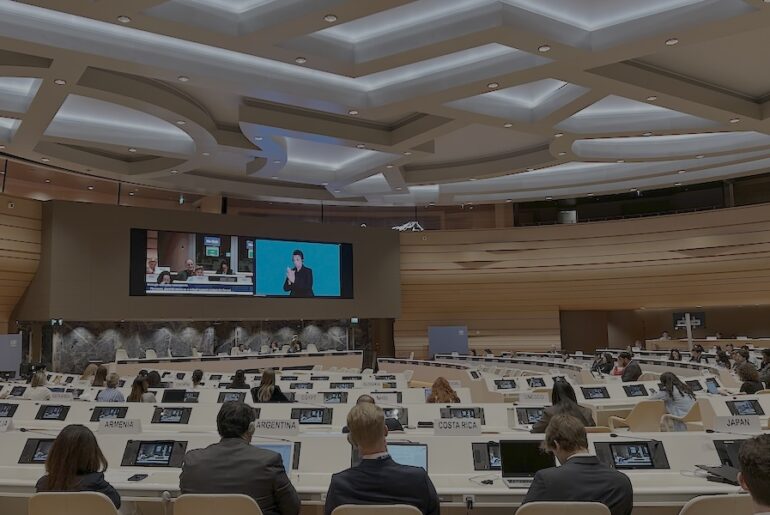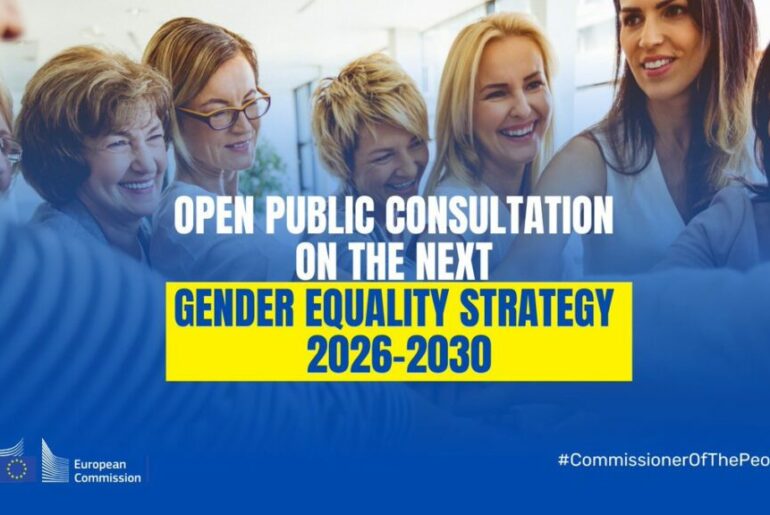Bringing mothers’ perspectives to the fore – MMM at HRC60
15.10.15
UN Geneva, Human Rights Council – The MMM Geneva team seized opportunities to shed light on the multiple human rights violations face by mothers, and to call for care-centred policies and the empowerment of mothers. Here is a Look back at our participation in the 60th Session of the UN Human Rights Council, which closed last week.
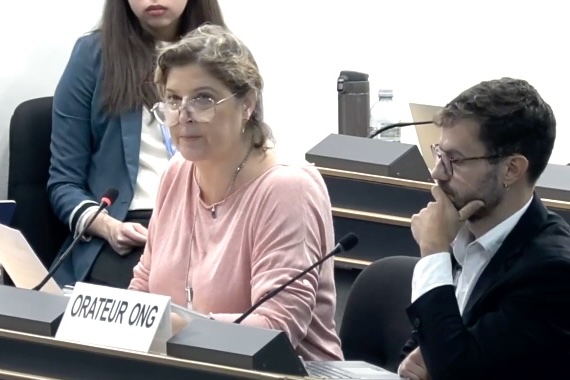
Motherhood impacts economic security in old age
In the discussion on the rights of older persons, which focussed on the intersection between older persons’ right to social protection and their right to work, we highlighted the Care gap as a root cause of inequities for older women.
The increased risk of poverty faced by older women is directly linked to a lifetime of disproportionate share of unpaid care work–including caregiving that often continues into old age, as they support older relatives or grandchildren.
We also called for recognising and adressing the specific discriminations and hurdles faced by mothers–namely the “motherhood penalty”, their frequently interrupted working lives, and the impact of motherhood on women’s economic security in old age.
Recognising and valuing care key for the realisation of the right to development
We welcomed the report of the Special Rapporteur on the right to development, with focussed on the nexus between gender equality and the right to development. The report rightly calls for a feminist economy, one that invests in care infrastructure, values unpaid care, and ensures its fair sharing between women and men, families and society, public and private actors.
We therefore urged States to:
- Invest in cross-sectorial care systems, from quality, accessible childcare and parental leaves to universal healthcare and social protection
- Place care–and mothers–at the centre of national and international development strategies.
Child labour directly linked to gender inequality–and mothers rights
The report of the Special Rapporteur on contemporary forms of slavery focussed on child labour.
Child labour is a symptom of poverty and family vulnerability. It is also directly linked to gender inequality and mothers’ inability to participate in the Labour market. We know that when women have better education and can participate in the labour force, child labour seldom takes place.
For us at MMM, children’s rights are interconnected with mothers rights: preventing child labour therefore requires the economic empowerment of mothers through policies that recognise, value and support the unpaid work of caring, and redistribute this vital work more equitably, both between men and women and across society.
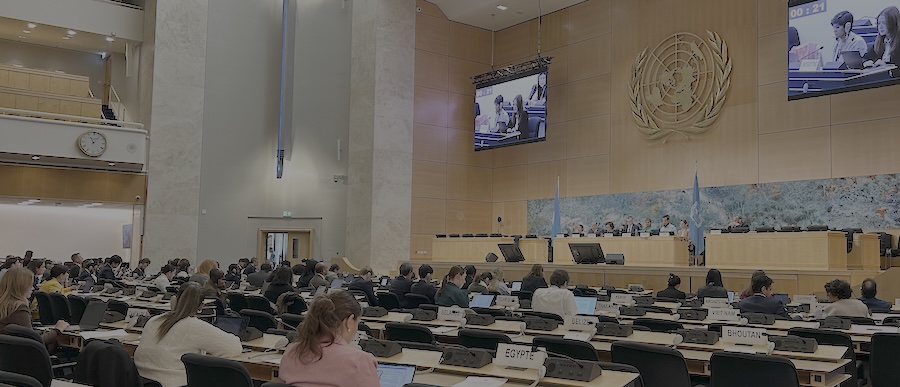
Mothers must be recognised and involved in transitional justice processes
Speaking at the panel on Strengthening gender perspectives in transitional justice processes, we highlighted the role of mothers during conflicts and called for women, and especially mothers’, equal participation in all stages of transitional justice, and transformative reparations that value care work, restore livelihoods and healthcare, uphold dignity, and address intergenerational impacts.
Mothers stand at the heart of families and communities. In times of conflict, they are caregivers, providers, and protectors, holding together the fabric of communities and society while bearing the compounded costs of violence. Their unpaid care work sustains not only survival but also resilience and recovery. Despite this, mothers remain largely invisible in transitional justice processes. […]
Recognizing mothers’ multiple roles and ensuring their rights is not only a matter of justice, is essential for rebuilding societies, preventing recurrence, and achieving sustainable peace.
New resolution on Preventable maternal mortality and morbidity
Last but not least, we welcome the resolution on Preventable maternal mortality and morbidity and human rights (A/HRC/RES/60/18), which was unanismously adopted by the Council. The resolution calls for renewed attention to
The 60th session of the UN Human Rights Council took place from 8 September to 8 October 2025 in Geneva, Switzerland.
The New EU Gender Equality Roadmap : A Call for Inclusion of Mothers
04.03.25
The European Commission’s initiative on a new Gender Equality Roadmap post-2025, marks a significant step forward in addressing gender disparities across the European Union. Make Mothers Matter (MMM
Sharing is caring:
equal parenting, a path to social cohesion?
27.01.25
UN New York, UN Commission on Social Development – Register now to our virtual side-event for a discussion on how a more equal sharing of unpaid care and domestic work
Be Family launch event: placing work-life balance at the heart of workplace policies
05.12.24
Make Mothers Matter co-presented the official launch of Be Family in Paris, a movement aimed at bridging the gap between personal and professional life for working parents. This first event,

